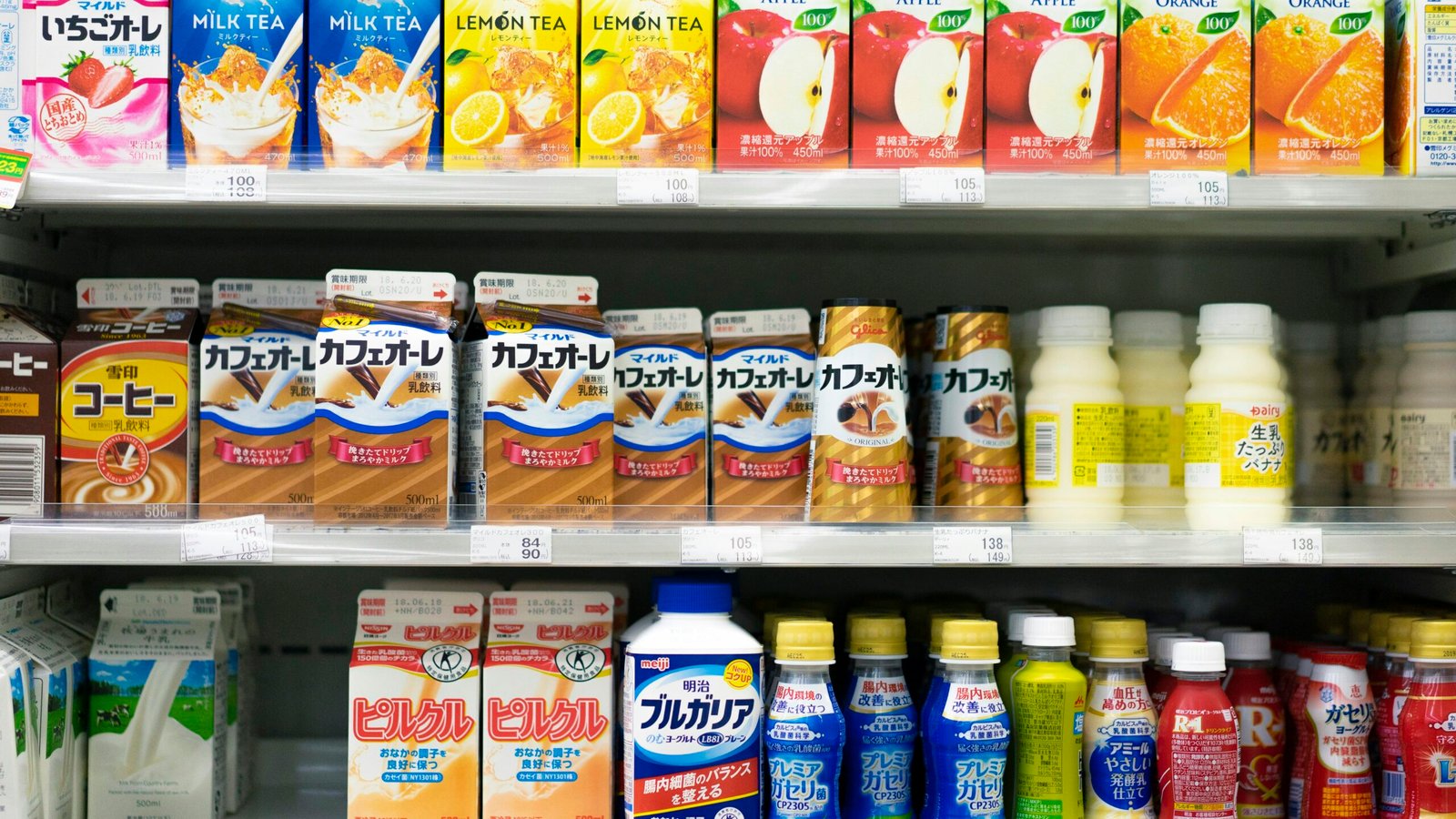Understanding Personalized Nutrition
Personalized nutrition is an innovative approach that seeks to tailor dietary plans to the individual needs, preferences, and genetic backgrounds of each person. Unlike traditional one-size-fits-all dieting methods, which often fall short in delivering sustainable results, personalized nutrition takes into account the unique factors that influence food choices and dietary requirements. By focusing on individualized strategies, this approach aims to foster healthier eating habits, support weight management, and improve overall wellness.
One of the core principles of personalized nutrition is the acknowledgment that each person’s body reacts differently to specific foods and nutrients. Genetic variations can greatly impact metabolism, nutrient absorption, and the body’s response to certain dietary components. Furthermore, lifestyle factors such as physical activity levels, stress, and dietary preferences also play significant roles in determining optimal nutritional plans. By recognizing these differences, personalized nutrition endeavors to create customized dietary strategies that resonate with an individual’s specific health goals.
The advent of artificial intelligence (AI) has revolutionized the process of developing personalized nutrition plans. With the capacity to analyze vast amounts of data—from dietary preferences and health conditions to lifestyle choices and biometric information—AI can facilitate the creation of effective and tailored nutrition strategies. By harnessing machine learning algorithms, AI can identify patterns and correlations that would be challenging for humans to discern, ensuring that dietary recommendations are not only scientifically sound but also practical for real-life applications.
Ultimately, personalized nutrition, powered by AI, represents a paradigm shift in how individuals approach their diets. By moving away from generic advice and embracing customized solutions, this approach can lead to more effective health outcomes and promote a more sustainable way of eating. By utilizing advanced technology to inform nutritional choices, individuals are better equipped to achieve their health goals and maintain long-term well-being.
The Role of AI in Nutritional Science
Artificial Intelligence (AI) is increasingly transforming the landscape of nutritional science by harnessing the power of data analysis and machine learning. These technologies enable researchers and nutritionists to process vast amounts of information, identify patterns, and derive insights that can guide personalized nutrition recommendations. Various AI algorithms are used to analyze large datasets—from clinical studies to user-generated health information—providing substantial evidence for dietary choices that enhance individual health outcomes.
One notable application of AI in nutritional science is the ability to predict nutritional deficiencies in individuals. By utilizing machine learning techniques, AI can analyze a person’s dietary habits, health history, and even genetic factors to forecast potential nutrient shortfalls. This predictive capability allows nutritionists to offer tailored diet plans that can prevent deficiencies before they manifest, thereby promoting better health and well-being.
Beyond merely predicting deficiencies, AI-driven platforms are actively optimizing meal plans for users. For instance, nutritional apps are now equipped with algorithms that can analyze a wide array of variables, including food preferences, allergies, and specific health goals. These applications create customized meal plans that not only cater to individual tastes but also align with nutritional needs, fostering a more sustainable and balanced approach to eating.
Moreover, AI technologies enhance user engagement by adapting recommendations in real-time based on feedback and changing dietary patterns. This dynamic approach ensures that individuals remain motivated and committed to their nutritional goals. Numerous platforms now exemplify this trend by providing tailored nutrition guidance and meal planning options. Ultimately, the integration of AI into nutritional science not only enriches our understanding of dietary requirements but empowers individuals to take control of their health through personalized nutrition strategies.
Benefits of AI-Driven Nutrition Plans
The integration of AI-driven personalized nutrition plans into individuals’ daily lives presents numerous advantages that can significantly enhance overall well-being. One of the primary benefits is improved dietary adherence. Traditional diets often fail due to a lack of customization; however, AI technologies analyze a person’s unique preferences, health goals, and metabolism to devise meal plans that align with individual lifestyles. As a result, users are more likely to stick to their plans, producing better adherence and sustainable dietary changes.
Moreover, the use of AI in nutrition planning can lead to better health outcomes. By leveraging data from various sources, including health records and personal biometrics, AI can create highly tailored nutritional strategies that specifically address an individual’s health conditions. This personalized approach is particularly beneficial for managing chronic diseases such as diabetes or heart disease, enabling users to maintain healthier diets that mitigate the prevalence of serious health complications.
In addition to improved health, AI-driven nutrition plans can enhance energy levels, allowing individuals to perform better in their daily activities and fitness routines. These plans consider not only caloric intake but also the nutritional quality of food, promoting a well-rounded diet that fuels the body effectively. Consequently, users report higher levels of energy and improved performance during workouts.
Furthermore, real-life success stories substantiate the effectiveness of AI-driven nutrition plans. Individuals who have implemented these personalized strategies have experienced weight control, significantly reducing body fat and achieving their fitness goals. Testimonials reveal that by utilizing AI, users have observed positive changes in their physical and mental health, reinforcing the potential of technology to facilitate long-term health improvements. The continuous feedback and adjustment capabilities of AI further support users in their journey toward optimal health.
The Future of Personalized Nutrition with AI
The landscape of personalized nutrition is on the verge of transformation, propelled by advancements in artificial intelligence (AI). As technology evolves, the integration of genomics and microbiome data into personalized nutrition planning has emerged as a game-changing trend. By leveraging genetic information and the unique profiles of gut bacteria, AI-driven systems can tailor dietary recommendations to individual needs more accurately than ever before. This evolution allows for enhanced understanding of how different foods interact with a person’s biology, optimizing health outcomes in ways previously unimaginable.
Moreover, the implications of these innovations extend far beyond mere dietary suggestions. The ability to analyze vast amounts of data—including individual health metrics, lifestyle factors, and preferences—enables the creation of highly customized nutrition plans. This personalized approach not only promotes better adherence to dietary recommendations but also empowers individuals to take charge of their health journeys in a more informed and proactive manner. As a consequence, the future of nutrition will likely see a shift from generic dietary guidelines to sophisticated, individualized strategies that promote overall wellness.
However, with these advancements come significant ethical considerations and data privacy concerns. The collection and analysis of sensitive health information necessitate stringent safeguards to protect individuals’ data from misuse. The challenge lies in finding a balance between utilizing AI for improving health outcomes and ensuring that individuals’ privacy is respected. It is imperative for both technology developers and users to engage in responsible practices, fostering an environment where benefits are maximized without compromising ethical standards.
As individuals, it is essential to remain informed about these advancements and contemplate how to leverage AI-driven innovations in our dietary habits. Adapting our approaches to nutrition in conjunction with emerging technologies can enhance not just personal health, but contribute to a broader understanding of nutrition’s role in wellness among diverse populations.









